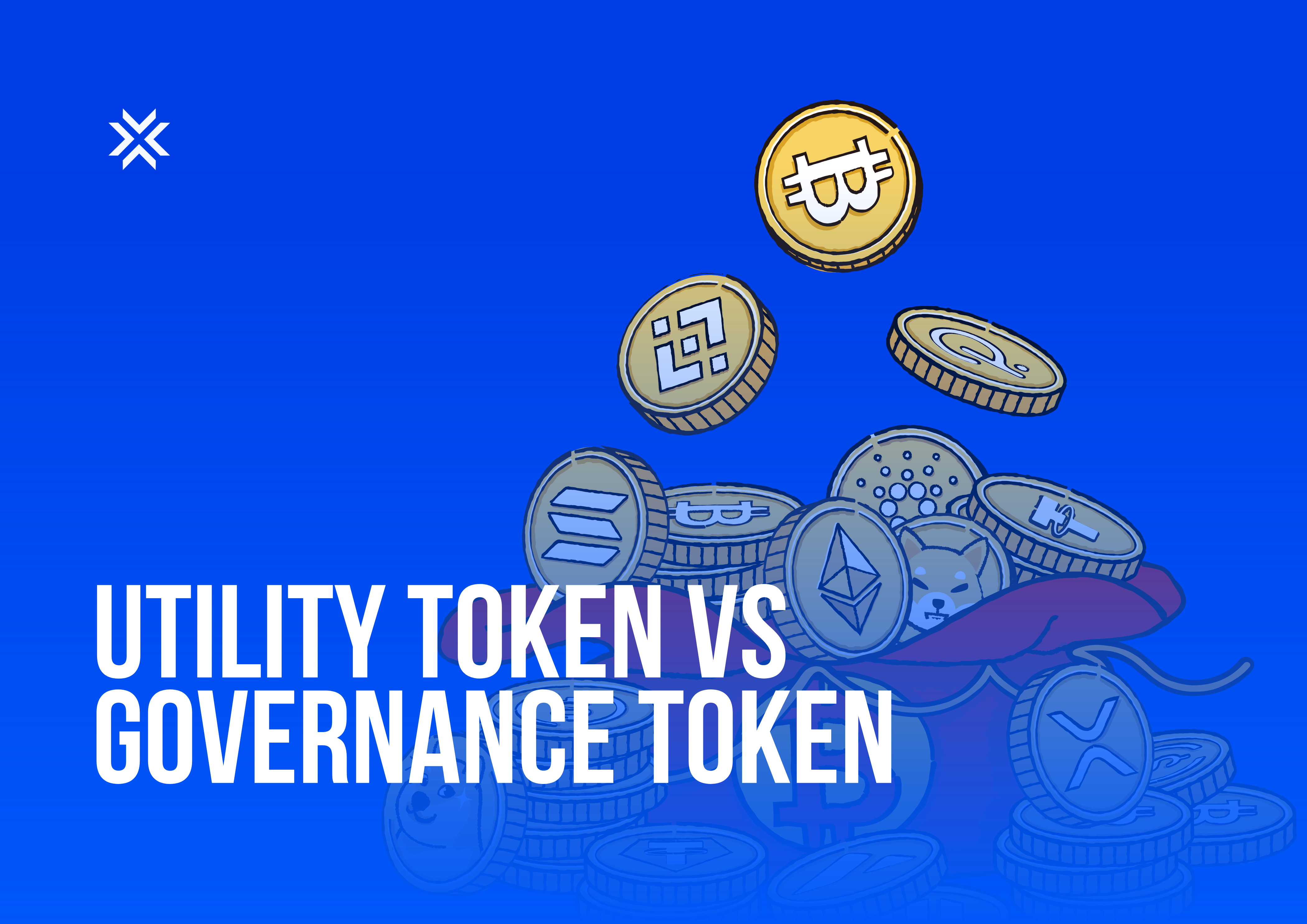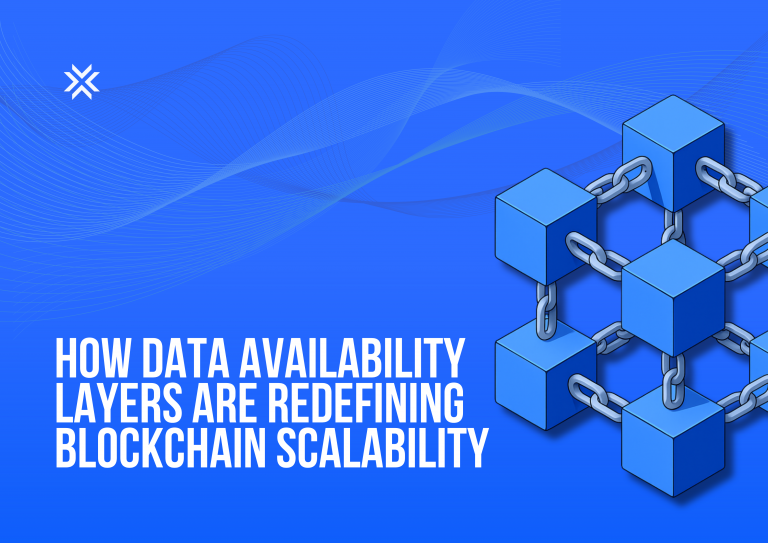In the rapidly evolving world of blockchain and cryptocurrency, tokens have emerged as essential components of decentralized ecosystems. While the term “token” is often used loosely, it encompasses a wide range of digital assets, each with distinct roles and functionalities. Among these, utility tokens and governance tokens stand out as two of the most important and widely adopted categories. Understanding the differences between these token types is crucial for anyone exploring blockchain projects, whether as an investor, developer, or enthusiast.
What Are Utility Tokens?
A utility token is a digital asset that grants holders access to a product, service, or feature within a blockchain-based ecosystem. It is not designed as an investment or a share of the company but rather as a key to unlock specific functionalities. Utility tokens act as the “fuel” of decentralized applications (dApps) or platforms, enabling users to interact with various features.
For example, a utility token might allow users to pay for transaction fees, access premium services, or participate in specific features like staking, NFT marketplaces, or decentralized storage. Ethereum’s ETH (used as gas on the Ethereum network) and Polygon’s POL are well-known examples of utility tokens.
Key Features of Utility Tokens:
- Access to Services: Holders use the token to pay for services or interact with the platform.
- Incentives and Rewards: Many platforms distribute utility tokens as rewards for user activities or contributions.
- Non-Voting Role: Utility tokens generally do not grant any decision-making power over the project’s governance.
- Circulatory Medium: These tokens often function as a currency within their ecosystem, ensuring smooth operations.
What Are Governance Tokens?
Governance tokens are designed to empower their holders to participate in the decision-making processes of a decentralized platform or protocol. These tokens grant voting rights, allowing community members to influence the future direction of the project. Decisions may include protocol upgrades, fee adjustments, treasury allocations, or new feature implementations.
For instance, protocols like Uniswap (UNI) and Aave (AAVE) rely on governance tokens to create a community-driven ecosystem. By holding these tokens, users can propose changes, vote on initiatives, and have a direct impact on the evolution of the platform.
Key Features of Governance Tokens:
- Voting Power: Holders can vote on proposals that affect the project’s rules, features, or funding.
- Decentralization: Governance tokens enable the transition from centralized decision-making to a community-led model.
- Treasury Control: In some cases, token holders decide how project funds are allocated or spent.
- Ownership of Direction: Governance tokens often represent a share of influence, but not direct ownership of the project.
The Core Difference
While both utility and governance tokens are fundamental to blockchain ecosystems, their core distinction lies in purpose and functionality. Utility tokens are focused on access and use, while governance tokens are focused on decision-making and influence.
- Utility tokens = “What can you do on the platform?”
- Governance tokens = “How can you shape the platform’s future?”
Use Cases of Utility Tokens
- Paying Transaction Fees: For example, ETH is required to pay gas fees when executing smart contracts on Ethereum.
- Staking and Earning Rewards: Tokens like Solana’s SOL or Cardano’s ADA can be staked to earn rewards while supporting network security.
- Access to Premium Features: Certain dApps require utility tokens to unlock advanced features or content.
- Fuel for Decentralized Services: Platforms like Filecoin use their utility tokens for decentralized file storage services.
Use Cases of Governance Tokens
- Protocol Upgrades: Communities vote on whether to implement proposed upgrades or changes to the codebase.
- Fee Structures: Token holders may decide on adjusting trading fees, staking rewards, or incentives within the platform.
- Community Treasuries: Projects like DAOs (Decentralized Autonomous Organizations) utilize governance tokens to determine treasury spending or investments.
- Voting on Partnerships or Expansions: Token holders can approve or reject partnerships, new products, or ecosystem expansions.
Benefits of Utility Tokens
- Immediate Functionality: Utility tokens are directly tied to the platform’s operations, ensuring that users can access services or products with seamless ease.
- Adoption-Driven Value: As the platform gains popularity, demand for its utility tokens typically increases, potentially boosting its value.
- Incentivized Participation: Many projects distribute utility tokens as a reward for contributing to network activity, thereby driving user engagement.
Benefits of Governance Tokens
- Community Control: Governance tokens empower users to have a voice in project decisions, fostering transparency and fairness.
- Democratic Ecosystem: Voting mechanisms help create a decentralized ecosystem where no single entity has absolute control.
- Long-Term Engagement: Governance tokens often encourage holders to remain active participants, as they directly influence the project’s future.
Challenges of Utility Tokens
- Regulatory Concerns: In some jurisdictions, regulators may classify certain utility tokens as securities if they appear to promise profit.
- Volatility: Like most crypto assets, utility tokens are subject to price fluctuations, which can affect their usability for payments.
- Overdependence on Platform Success: The value and relevance of a utility token are closely tied to the success of its parent platform.
Challenges of Governance Tokens
- Low Participation Rates: Many governance votes suffer from low voter turnout, leading to decisions made by a small minority.
- Centralization of Power: If a few whales hold a large portion of tokens, they can dominate voting outcomes, undermining the idea of decentralization.
- Complex Decision-Making: Not all token holders have the technical knowledge to vote on complex protocol upgrades, which may result in uninformed decisions.
Which Token Type Matters More?
Both token types are essential, but their significance depends on your perspective and needs:
- For users, utility tokens matter most because they enable access and interaction with the platform.
- For investors or contributors, governance tokens hold value because they provide a voice in shaping the protocol’s roadmap.
In many cases, a project may issue both utility and governance tokens, serving different purposes within the same ecosystem. For instance, a decentralized finance (DeFi) platform might use a utility token for transaction fees while offering a governance token for community decision-making.
Conclusion
The distinction between utility tokens and governance tokens highlights the diversity and complexity of the blockchain space. Utility tokens serve as the operational backbone of decentralized applications, enabling transactions, access, and participation. Governance tokens, on the other hand, create a democratic framework where users collectively shape the project’s evolution.
As the crypto industry matures, understanding these differences is key to making informed decisions — whether you are engaging with a platform, investing in a project, or simply exploring the exciting world of Web3. In short, utility tokens keep the engine running, while governance tokens steer the ship.
FAQs
- What is the main difference between a utility token and a governance token?
Utility tokens are designed to provide access to a product, service, or feature within a blockchain ecosystem, while governance tokens give holders voting rights to influence the decisions and future direction of a project. - What are some common use cases of utility tokens?
Utility tokens can be used to pay transaction fees, access premium services, participate in staking programs, unlock features in decentralized apps (dApps), or serve as a medium of exchange within a platform. - What makes governance tokens important in decentralized ecosystems?
Governance tokens enable community-driven decision-making by allowing holders to vote on proposals, protocol upgrades, fee structures, treasury allocations, and partnerships, fostering transparency and decentralization. - Can a project issue both utility and governance tokens?
Yes, many blockchain projects issue both types of tokens to serve different purposes. For instance, a utility token might be used for payments or access, while a governance token is used for voting and decision-making. - What are the main challenges associated with governance tokens?
Challenges include low voter participation, centralization of voting power by large holders, and complex decision-making processes that may require advanced technical knowledge from voters.









